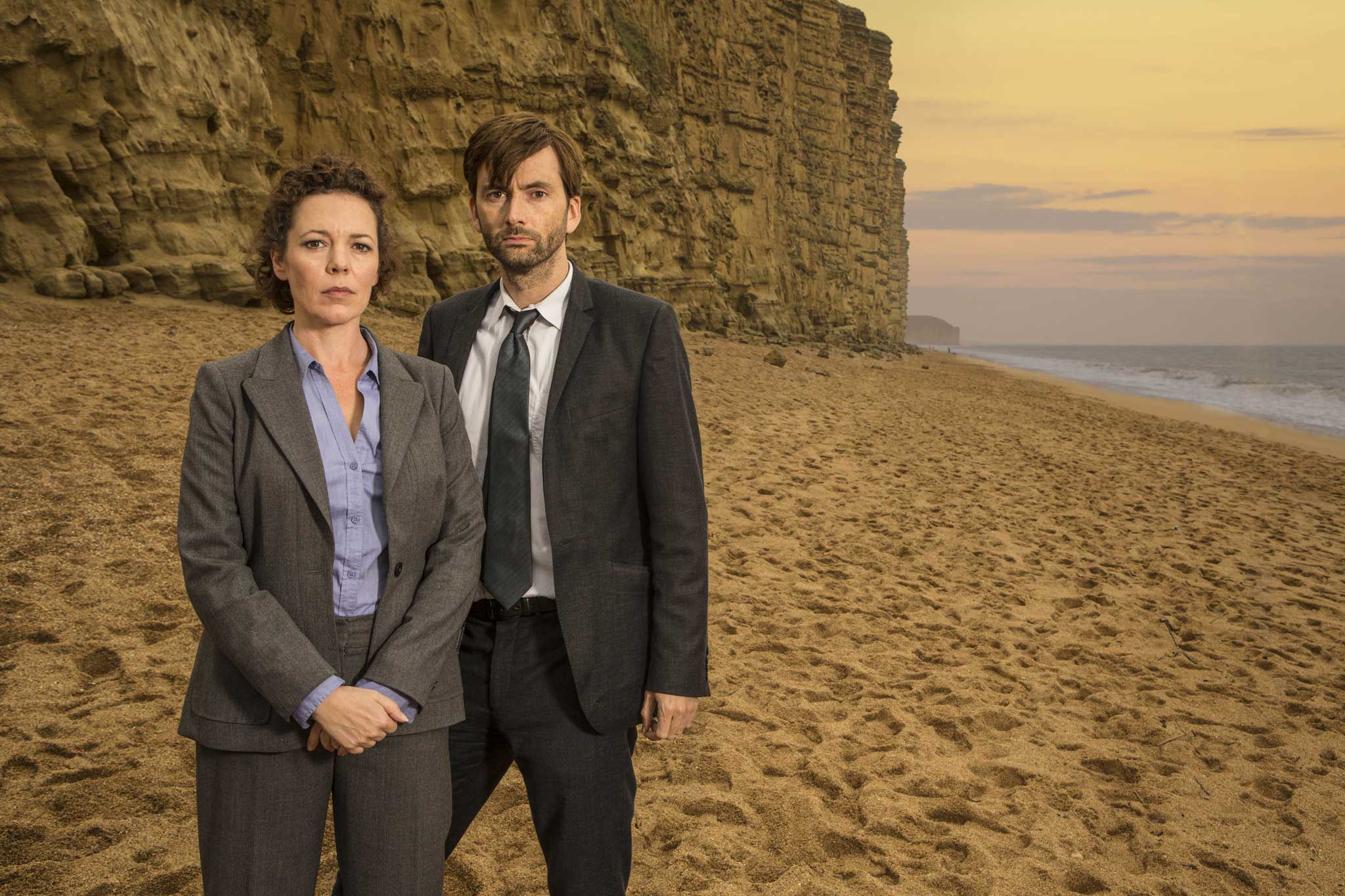TV review - Broadchurch, ITV: David Tennant's character seems to have been designed to look good on his fan website
Mayday, BBC1

Your support helps us to tell the story
From reproductive rights to climate change to Big Tech, The Independent is on the ground when the story is developing. Whether it's investigating the financials of Elon Musk's pro-Trump PAC or producing our latest documentary, 'The A Word', which shines a light on the American women fighting for reproductive rights, we know how important it is to parse out the facts from the messaging.
At such a critical moment in US history, we need reporters on the ground. Your donation allows us to keep sending journalists to speak to both sides of the story.
The Independent is trusted by Americans across the entire political spectrum. And unlike many other quality news outlets, we choose not to lock Americans out of our reporting and analysis with paywalls. We believe quality journalism should be available to everyone, paid for by those who can afford it.
Your support makes all the difference.You wonder whether the television production company Kudos had to set up some kind of Chinese wall operation when it was preparing for its current brief monopoly in the television crime-drama market.
Sunday night saw the start of its show Mayday, a thriller about the effect of a crime on a small, tightly knit provincial town, and last night it gave us Broadchurch, a thriller about the effect of a crime on a small, tightly knit provincial town. You can see that keeping things straight might have been a bit tricky if they were all working out of one office. "Is this your Ominous Stranger Lurking at the Corner of the Shot or ours?" someone would ask. "No, if it's Pauline Quirke with a fag on, it's definitely yours, but I think you may have picked up one of our Guilty-Looking Men by mistake."
There are differences. For one thing, we know pretty much from the start here that the missing child is dead, a young boy found on the beach after one of those heart-stopping crescendos of parental dread, as friends are rung and last sightings checked. For another, where the town in Mayday appears to seethe with suppressed and mutual hatreds, this one initially comes across more like Trumpton. In an early tracking shot, the father of the murdered boy walks down the local high street early in the morning, exchanging cheery banter with absolutely everyone he meets. And where Mayday centres on civilians, Broadchurch has a bristly, odd-couple police partnership at its heart, with David Tennant as a troubled DI promoted over the head of a local woman, played by Olivia Colman.
The similarities between the two are less down to a failure of imagination than an excess of emulation. Because, as quintessentially English as the settings for these two dramas are (bordered by ancient woodland and a south coast beach), they're also both detectably Scandinavian, responding to the example set by The Killing, a drama in which hinterland of a crime was fully explored. Like The Killing, both are interested in how an abduction or a murder discloses the hairline cracks in relationships, and how suspicion seeps into those fissures. Of the two, Broadchurch looks to be the more conventional, particularly as Mayday last night doubled down on its background note of bucolic myth with some suggestive talk about goblins and fairies. And there's definitely a bit more cliché by the seaside, most notably in the writing of Tennant's character as one of those angry shouty coppers with a blot on his record.
But one distinct edge it has over Mayday is its recognition that murder stories have a real-world box-office appeal. So far the media are invisible in Mayday. But in Broadchurch they've already scented the corpse, like bluebottles. One of the characters here is a young local reporter, eager to get a job on a national and quite aware that getting an edge on a front-page story will help, even if it forces him to compromise on local loyalties. As the nephew of Colman's DS, he's able to put two and two together and tweet a speculation about the dead boy's identity before the police are ready to reveal the information. That brings in an equally ambitious reporter from a London tabloid, who reveals her attitude to ethical guidelines by stealing one of the tributes from the beachside shrine to the dead boy.
Another distinct edge is Olivia Colman. David Tennant's character seems to have been designed to look good on his fan website – the stubble and the loosened tie as much badges of style as clues to personal disarray. But Colman, effortlessly convincing in her distress when she recognises the dead boy, is something much rarer on television. Not an obsessive loner like Lund but a woman with a husband and children whose job is part of her life, not all of it. Watch for her, if no other reason.
Join our commenting forum
Join thought-provoking conversations, follow other Independent readers and see their replies
Comments